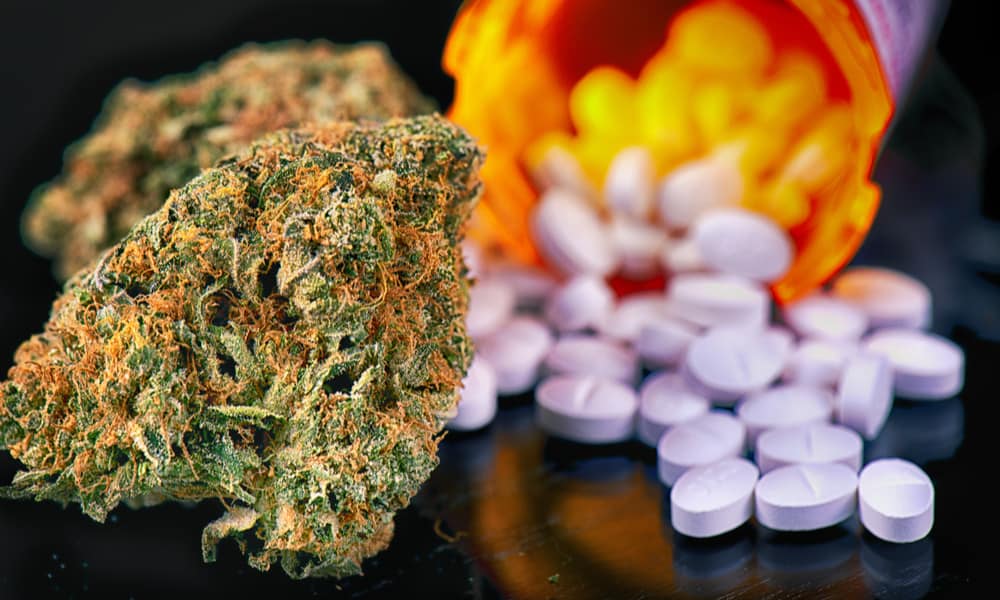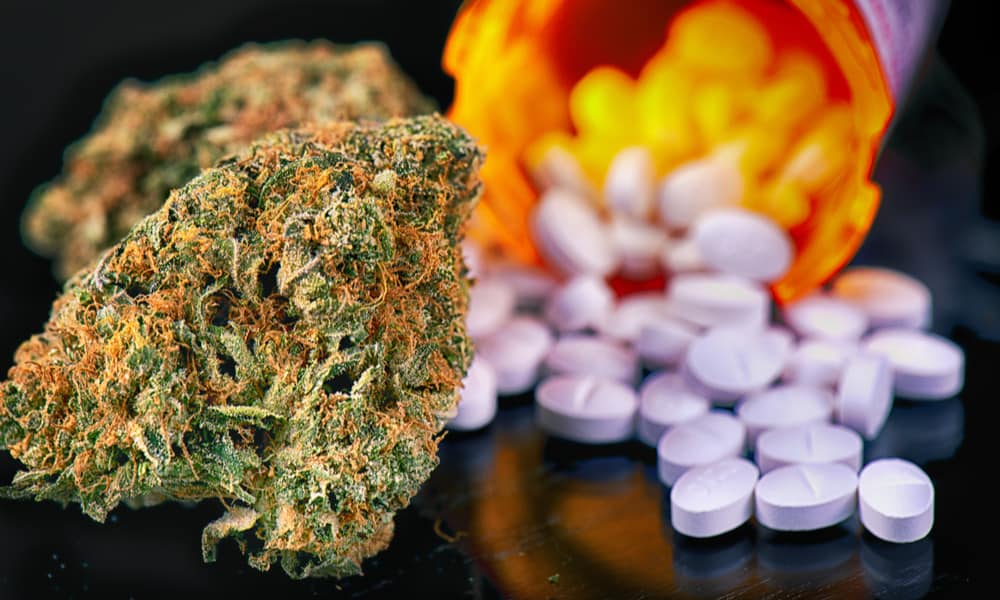
As one of the first states to legalize recreational marijuana, Colorado has been somewhat of a testing ground for cannabis policy. Recently, the state fine tuned its distribution of weed revenues, considered geographic location of dispensaries vis à vis school sites — and now lawmakers want to tweak the list of qualifying conditions for patients of medical marijuana, which has been regulated in the state since 2000. Governor Jared Polis is currently reading over Senate Bill 19-013, which would add any condition that would typically lead to a opioids prescription to the list of medical marijuana qualifiers.
“This is going to be a pretty big deal for acute pain for athletes, and also for kids who have surgeries.” said the bill’s co-sponsor Edie Hooton. Advocates for the legislation see it as a panacea for the opioid addiction epidemic, which resulted in 578 overdose deaths in the state in 2017, according to the National Institute on Drug Abuse.
The bill would authorize medical cannabis for children that have been prescribed opiates. Kids would not be able to smoke their cannabis, but would be legally able to utilize extracts and nasal sprays with the authorization of two physicians.
Governor Polis has until June 3 to make his decision on the legislation.
The bill means to address the dire problem of opioid overuse in the US, which claims more than 130 lives every day. Despite the danger that is apparent in opioid usage, the government continues to expand options for access to them. In November, the FDA approved Dsuvia, a drug that is 10 times stronger than Fentanyl. The recent racketeering convictions of pharmaceutical company CEOs who were found to have bribed doctors to prescribe opioids point to a possible reason for the US’ opioid crisis. Now the question is; how will we address the epidemic?
Studies have shown that marijuana can help people kick their opioid habit. One report released in March found that cannabis treatment led to a reduction in opioid usage for a third of the study’s patients.
In some states like Colorado, policy makers have hit upon pivoting to cannabis in place of widespread opioid usage. In Illinois, the Opioid Alternative Pilot Program was approved in February, and will ensure expedited access to the state’s medical marijuana program for individuals who have been prescribed opioids. 2,000 people died from narcotics usage in Illinois in 2016.
But in Rhode Island, a similar proposal was rejected because, the Department of Health state, chronic pain is already a qualifying condition for the medical marijuana program.
Not everyone is convinced that shifting to medical cannabis for all health conditions normally treated by opioid usage is a good idea.
“It conflates the opioid epidemic and marijuana,” said Dr. Stephanie Stewart, who is a Colorado addiction medicine fellow, of SB19-013. Stewart voiced concerns that the bill could encourage doctors to forgo medication assisted treatment in favor of a cannabis recommendation.
“This bill is not about people with addiction issues,” she continued. “It adds acute pain as a condition that would qualify for medical marijuana … If it doesn’t have anything to do with addiction, I wouldn’t have included opioid in the title of the bill.”















